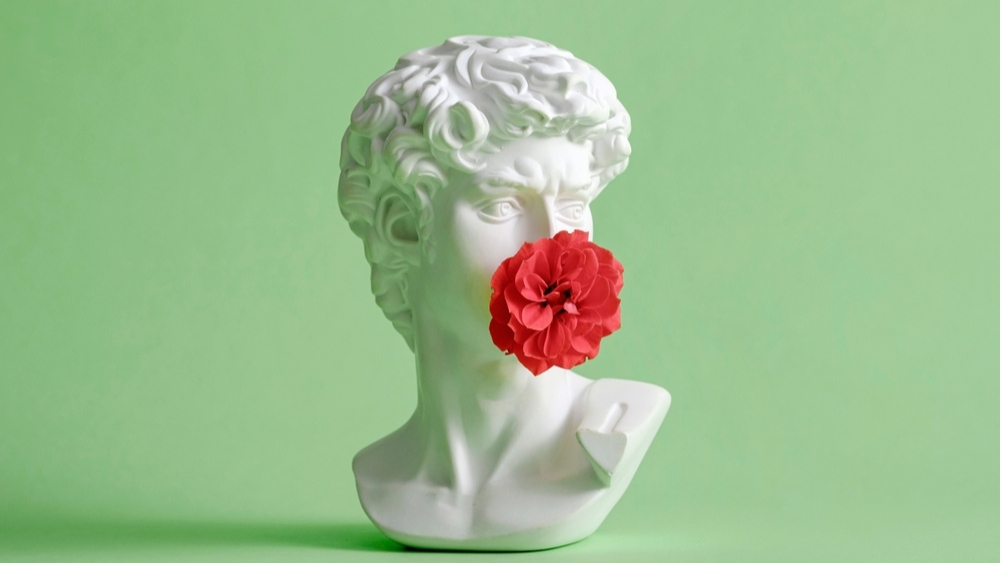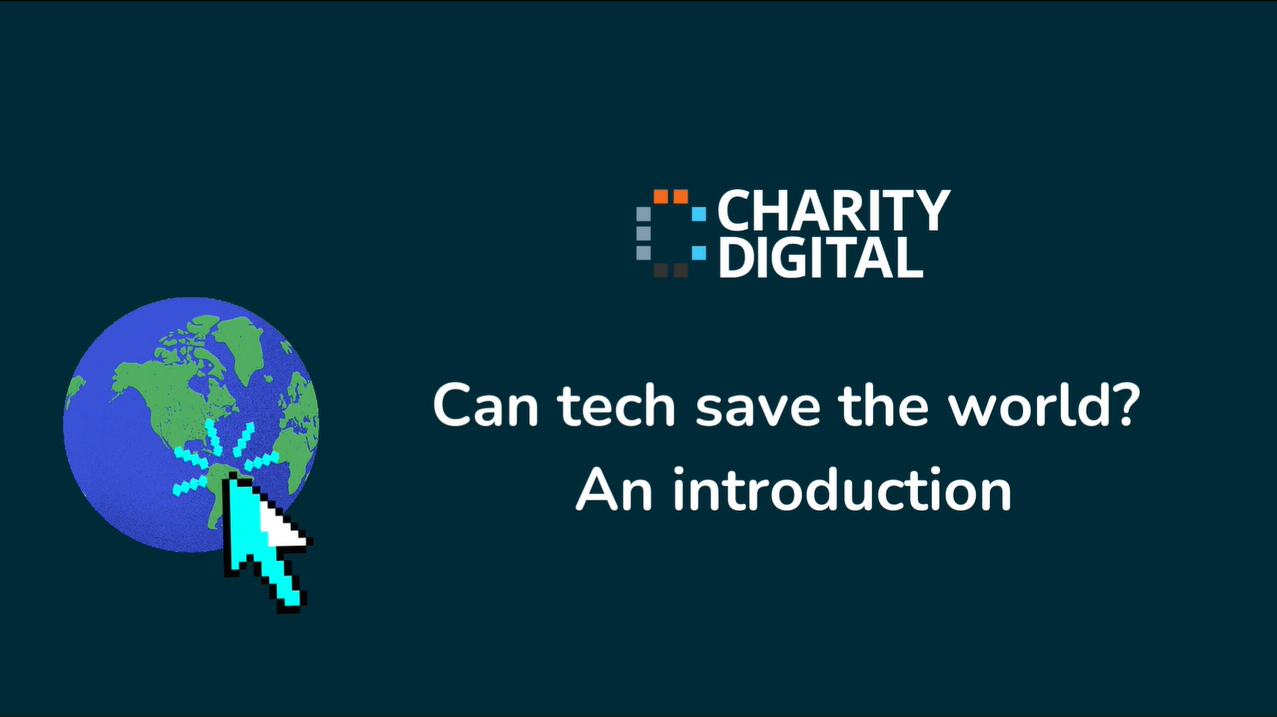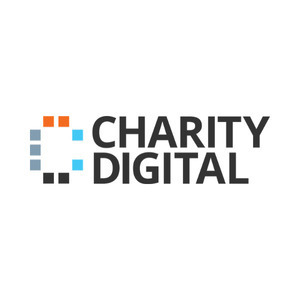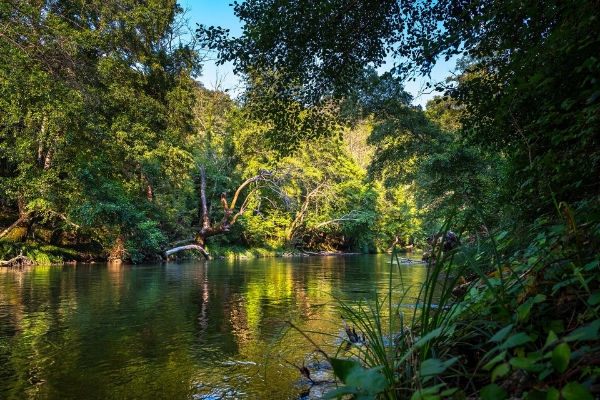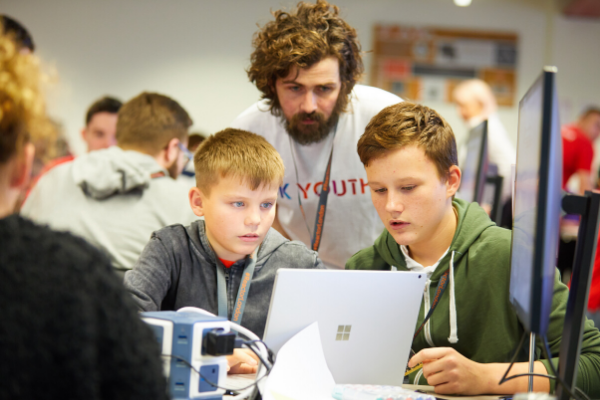Insights
INSIGHTS
All Topics
My Account
How arts and heritage charities are tackling climate change
09 Feb 2023by Josie Sparling
Arts and heritage charities can do many things to address the climate crisis
As climate change is so all-encompassing, it can seem overwhelming to many. But arts and heritage organisations can bring the problem back down to earth to help our communities face it and adapt. We explore this, and some of the other ways that these charities can work to mitigate and adapt to the climate crisis, below.
Here we look at how some arts and heritage charities and organisations are tackling climate change.
Cape Farewell
In 2001, not many people were talking about climate change. Climate scientists felt frustrated that their important message was going unheard. So, David Buckland founded Cape Farewell to connect artists, educators, and scientists together, learning how to craft stories to get the message out there in a meaningful way.
Over the years, Cape Farewell has embarked on expeditions around the world to interrogate the social, scientific, and economic realities that lead to climate disruption. It has engaged audiences around the globe through artworks like Michael Pinky’s Pollution Pods and the film Burning Ice.
The project has also used digital tools: the online poetry project ‘Switch Youth Poetics’ invited young people to create work focused on climate change.
Their 2022 project ‘Space to Breathe’ features artworks using virtual reality to help visitors explore different experiences and reconsider our relationship to the virtual world in the context of climate change.
David Buckland, founder and director of the Cape Farewell project, says, “what artists do is to take these great big global scientific concepts and make them human scale”.
Akademi
Akademi is a charitable South Asian dance organisation based in London. They connect South Asian dance with the wider contemporary arts sector, engaging with social, political, and cultural agendas to achieve impact.
Artistic director Subathra Subraniam believes in the importance of hope and empowerment when dealing with the subject of climate change. She also stresses the need to create work sustainably, as well as covering environmental themes.
Akademi has produced a contemporary dance theatre work for children and their families to explore the complex relationship we have with plastics. Plastic Drastic and Fantastic explores the possibilities and consequences of plastic use.
“It’s great fun to see the dancers playing with the objects, as they encourage the audience to think differently about the everyday uses of plastics, and to imagine where they might be found in our lives.” – Everything Theatre Review
Subraniam says, “it’s not about raising awareness; it’s about empowering kids to look at plastics differently”.
In addition, this online short film choreographed by Akademi for a Green Space Dark Skies event explores the place of humans in our shared environment.
Climate Museum UK
Climate Museum UK is a community interest company that stirs and collects the emerging response to the Earth crisis. The museum is “distributed”, meaning that it doesn’t have one central location but engages and activates people in multiple locations to produce and gather art, objects, ideas, games, and books. This is partially achieved through their Digital Museum.
These various types of art are used to stimulate discussion, helping people to “play, make, think, and talk about the Earth crisis and to open their imaginations to possible futures”.
The founder of Climate Museum UK Bridget McKenzie describes the approach to addressing climate change through arts and heritage as “planetary first aid” and “cultural therapy”.
The not-for-profit addresses the past, present, and future through its practice, tackling the causes and effects of the crisis as well as supporting resilience, change, and regeneration as we move forward.
Habitats & Heritage
Habitats & Heritage is a local charity which takes care of the natural and historic environment in south and west London, including local landscape, wildlife, ecosystems, and heritage.
The charity’s work on climate involves promoting behaviours that help people reduce negative impacts on the environment and become more sustainable. This includes energy saving, food growing, improving air quality, and promotion of waste reduction.
Their website features Energy and Water Saving Tips as an online resource for the local community.
UK Heritage Adaptation Partnership
This partnership of seven UK organisations is working to help tackle the impact of climate change on historical sites and our cultural heritage, and to share expertise.
The partnership consists of Cadw, Department for Communities, English Heritage, Historic Environment Scotland, Historic England, National Trust, and National Trust for Scotland.
Ewan Hyslop, Head of Research and Climate Change at Historic Environment Scotland, explains: “[C]limate change is one of the most significant challenges for the management of the historic environment locally, nationally, and internationally, and the resilience of these historic places has a significant role to play in supporting climate action and achieving net-zero targets.”
Stuart Brooks, the Head of Conservation and Policy at the National Trust for Scotland emphasizes the value of the partnership in promoting good practice “as one voice” and to “help protect our historic sites for generations to come”.
Historic England has produced a series of webinars about climate change, adaptation, and energy efficiency measures in heritage, available for anyone to access.
Digital resources
Culture Declares Emergency is a movement of cultural organisations standing up against climate change. So far, 585 organisations have joined the movement. Their website offers a useful pathways to action toolkit based on the Culture Takes Action Framework developed by Bridget McKenzie of Climate Museum UK, as well as other resources for organisations to take action.
The Happy Museum’s No Going Back Conversations can help you rethink how your arts and heritage charity approaches its value, placing climate at the centre of the discussion.
Our free Heritage Digital resources may be useful in helping your charity to tackle climate change specifically using digital tools. In particular, you can take a look at the engagement and outreach with youth audiences webinar, and the article ‘How do we ensure that people are at the heart of the stories we tell?’
You can also hear the some of charity professionals quoted above talk to Wessex Museums about the subject here:
More on this topic
10 Mar 2025by Kellie Smith
A guide to social media PR
27 Feb 2025by Laura Stanley
Charity Spotlight: Dr Anton Mari Lim, President, Yellow Boat of Hope Foundation
Related Content
Recommended Products
Related Videos
Our Events
Charity Digital Academy
Our courses aim, in just three hours, to enhance soft skills and hard skills, boost your knowledge of finance and artificial intelligence, and supercharge your digital capabilities. Check out some of the incredible options by clicking here.

